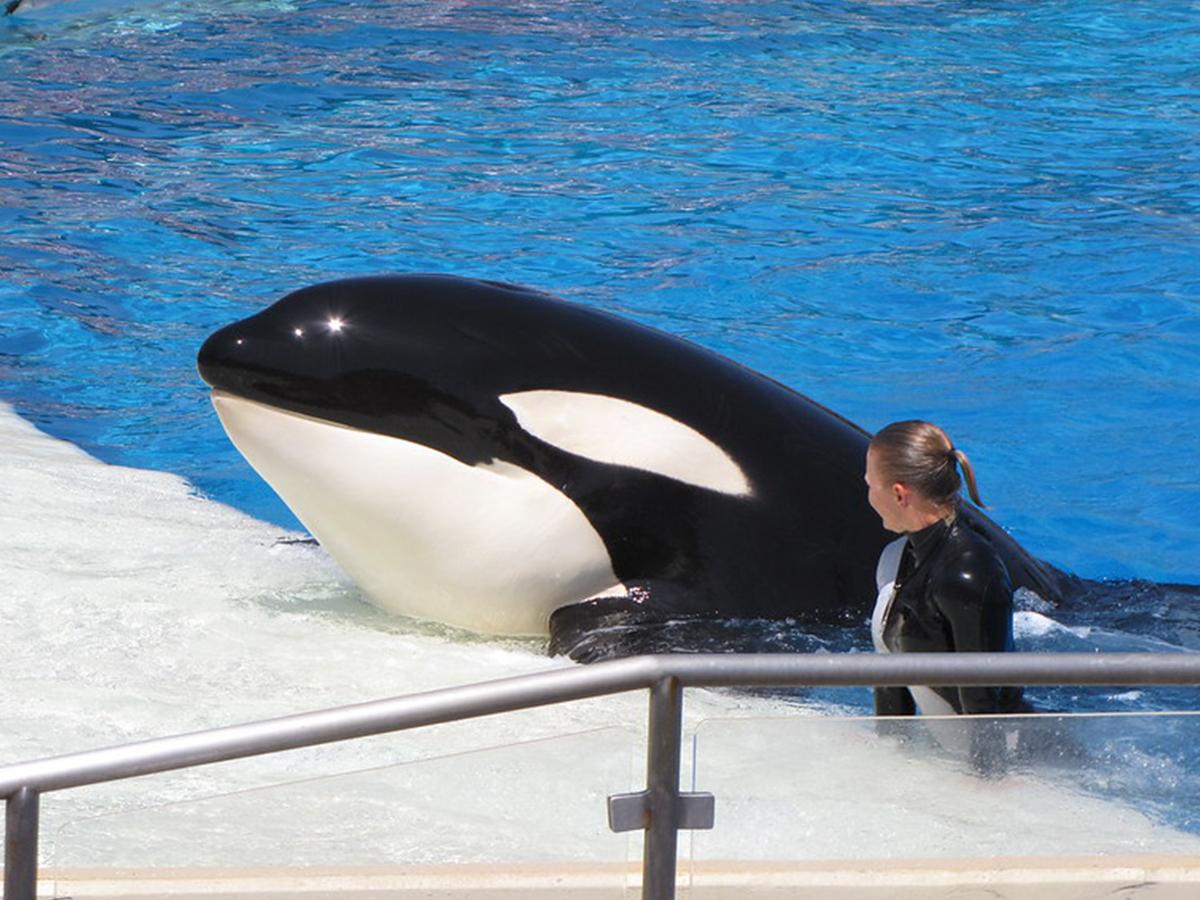How Captivity Causes Brain Damage in Dolphins and Whales
Brain damage doesn’t only happen when someone gets a bump on the head. Research is increasingly showing that the effects of captivity are so detrimental to animals that it’s harming their brains in much the same way — especially in larger mammals such as dolphins and whales.
Dr. Lori Marino, president of the Whale Sanctuary Project, writes about the ways that captivity can cause physical changes to brain structures, which can alter health and behavior. The cerebral cortex, associated with functions such as cognition, memory, and planning, can become thinner in captivity. Tiny blood vessels called capillaries, which deliver blood to the brain, can shrink, as can neurons. Some of these changes can be the result of enclosures that don’t permit enough exercise, since working out can increase the flow of oxygen to the brain and increase cognitive abilities. But enclosures that cause boredom through a lack of stimulation can also have similar effects.
Marino goes on to explain how the chronic removal of choice — which is the defining feature of captivity, no matter how large the enclosure — can lead to learned helplessness, which in turn affects the areas of the brain responsible for processing emotions and memory. Stereotypic behaviors, such as the endless gnawing of bars and grates that can damage or break teeth as seen in some orcas, are the result of an imbalance between neurotransmitters.
Unfortunately, many people still support captivity, paying money to swim with dolphins or watch them jump through hoops. The problem is not only a lack of information on what captivity can do to the brain — it also stems from a lack of empathy. Many people do not attempt to imagine what it would be like to spend their entire lifetimes within one small area, with no ability to make any meaningful choices about their own lives and surroundings.
To take action for dolphins and whales, click here.
To support our critical advocacy efforts for whales and dolphins, please click here.


